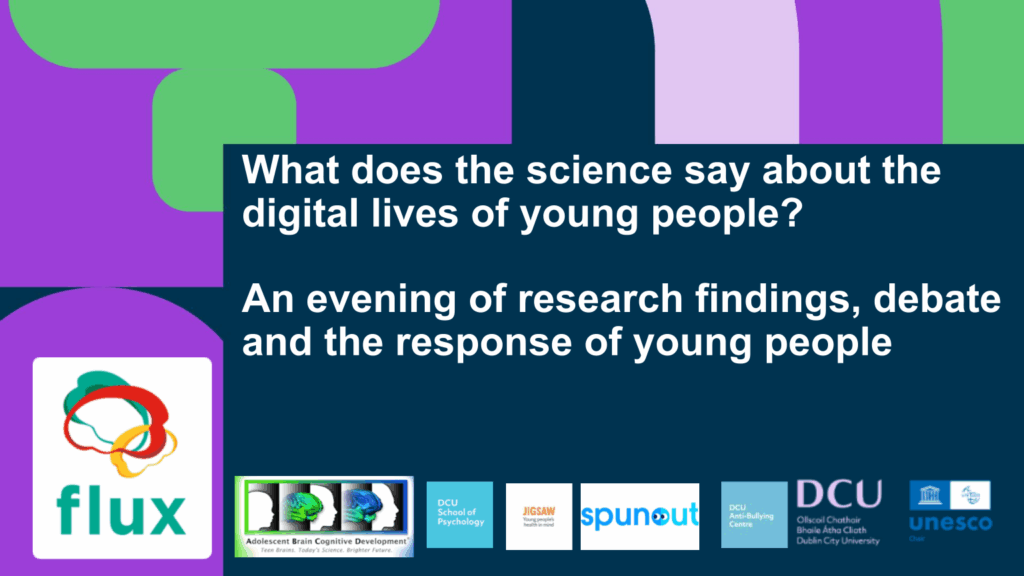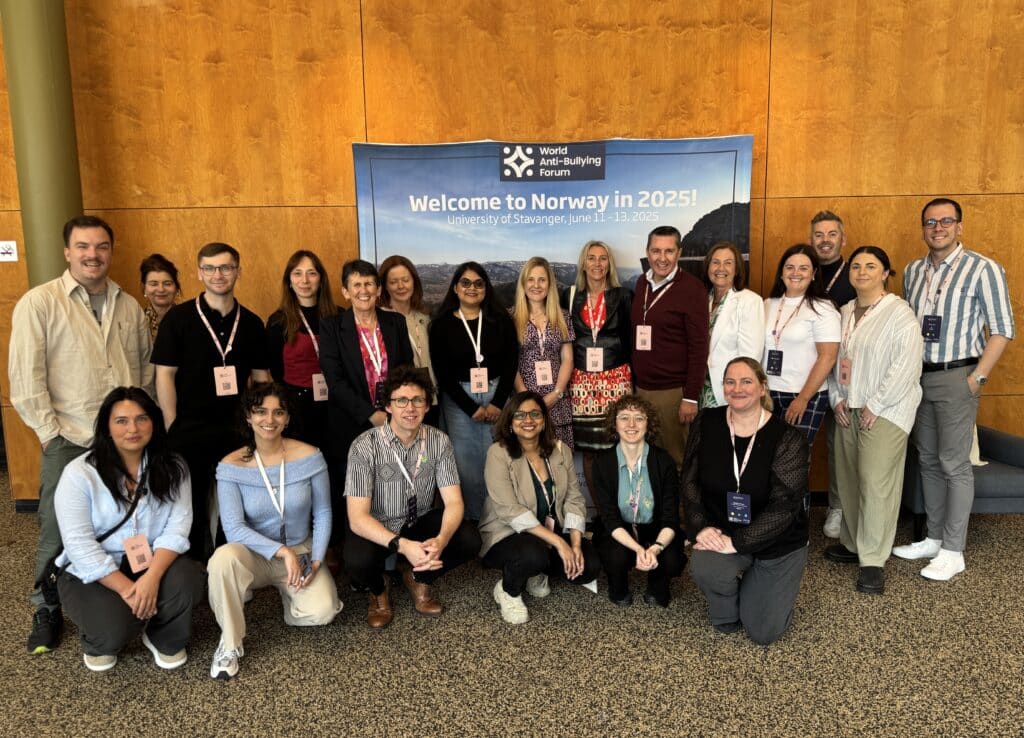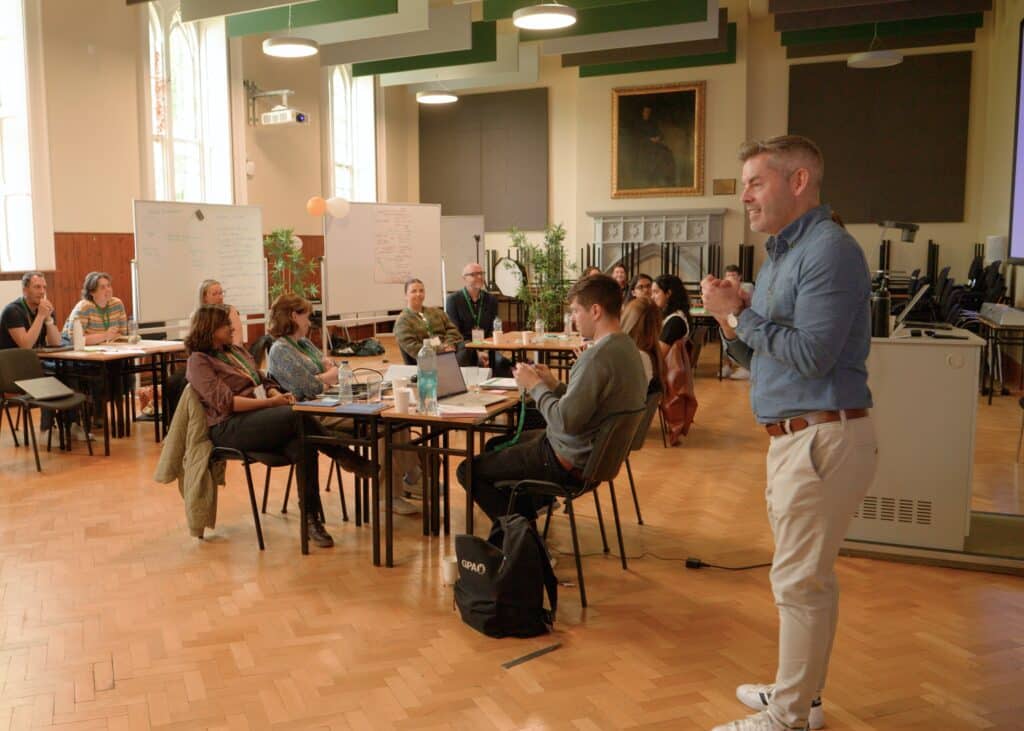In a significant address at the 11th Policy Forum on Education for Inclusive Societies held by the Organisation for Economic Co-operation and Development (OECD), Prof. James O’Higgins Norman, the DCU UNESCO Chair on Bullying and Cyberbullying, underscored the pressing need to reevaluate traditional methods of combating bullying in educational environments. During his presentation, Prof. O’Higgins Norman illuminated the dual toll of bullying, focusing on both the human suffering it causes and its considerable economic impacts.
Drawing upon the latest recommendations from UNESCO, Prof. O’Higgins Norman advocated for a departure from the prevalent whole school approaches to anti-bullying. He stressed the importance of adopting the Whole Education Approach, a strategy UNESCO recommended in 2020, as a more effective means to address this pervasive issue. This innovative approach encourages the integration of anti-bullying measures across all aspects of the educational experience, rather than confining them to individual schools or age groups.
Highlighting the economic implications, Prof. O’Higgins Norman presented compelling evidence of the financial costs associated with failing to tackle bullying effectively. The economic burden, he noted, stems not only from the immediate effects of bullying on student well-being and academic achievement but also from the long-term societal costs related to healthcare, social services, and lost productivity.
The address by Prof. O’Higgins Norman at the OECD forum represents a critical call to action for policymakers, educators, and stakeholders across the globe. By shifting towards a Whole Education Approach to bullying, there is a significant opportunity not only to alleviate the personal hardships faced by countless students but also to mitigate the economic strains on societies worldwide.
As nations grapple with the challenges of fostering inclusive and supportive educational environments, the insights shared by Prof. O’Higgins Norman offer a valuable blueprint for meaningful progress. The forum served as a pivotal platform for exchanging ideas and strategies, reinforcing the collective commitment to creating safer and more welcoming spaces for learning.



